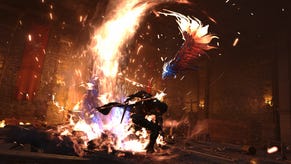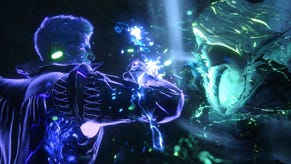Final Fantasy 16 is a firm reminder that with RPG elements, sometimes less is more
Let me propose this simple question: should Final Fantasy 16 be an RPG?
The weeks following the release of a new Final Fantasy game are always fraught with endless, grating debate and social media in-fighting. And Final Fantasy 16, naturally, is no different. But I’d argue that this time around, people are asking the wrong questions.
A quick scan of my Twitter feed (when it works, anyway) inevitably tosses up all of the discourses one would expect; there’s hand-wringing over if this is a ‘real’ Final Fantasy game, a heavy back-and-forth about if the game’s female lead is well-written, pondering over the game’s difficulty (or lack thereof), and a relatively new debate – if FF16 is ‘enough’ of a role-playing game or not.
Now, I’ve gotta hold my hands up here: I’m as to blame for this debate as anyone participating in it. In VG247’s FF16 review, I singled out the game’s RPG credentials as a particular weakness, summarizing it as a great action game, but not really a very good RPG. So, is it enough of an RPG? I don’t know, maybe – your mileage may vary, depending on what you’re looking for. Outside of the broad strokes of critical analysis, I actually think that’s the wrong question to be asking, though.
Instead, let me propose this: should Final Fantasy 16 be an RPG?
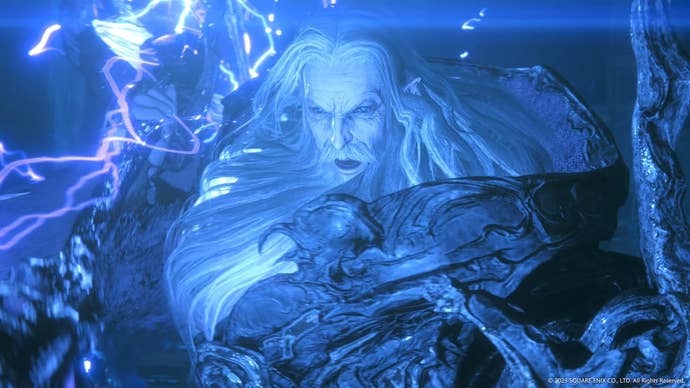
I know how that question will land with some. It’ll be blasphemy. But let’s put preconceptions of what this series ‘should be’ aside, because, as previously discussed on VG247, that’s a silly debate. I’ll also even resist the urge to snark that one of the absolute best Final Fantasy games (that is, FF Crystal Chronicles: My Life as a King) isn’t an RPG at all). Instead, I just want to talk about FF16 in a vacuum on its own merits, and say… It probably would be a better game if it were less of an RPG.
I take no pleasure in saying this, as somebody whose livelihood is tied up in a website dedicated to the role-playing game genre. But RPG feature creep is real and has been for ages. How many games are stifled by their needs to have inconsequential gear, stats, and menu busywork? Over on RPG Site, we jokingly say “everything is an RPG nowadays,” but that wry refrain is also tinged with frustration as game after game fails to interrogate what makes the genre interesting or exciting. Sometimes this genre cross-pollination leads to undeniable gold – but often, it’s a box-ticking exercise.
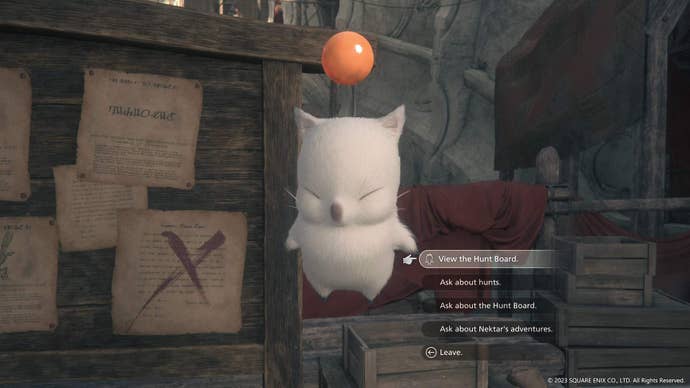
Which brings me to Final Fantasy 16. Box-ticking feels like a fairly astute way to describe what has been designed here: mechanics, systems, and ideas plied into this game that seem to be there because they’re ‘supposed’ to be there as opposed to meshing with the game that Square Enix’s Creative Business Unit 3 has actually created.
A lot of this centers around the expectations of Final Fantasy as a role-playing franchise, with the weakest elements of an otherwise great game undoubtedly being the hooks designed to give it role-playing credentials.
FF games traditionally have party members, for instance – and so while FF16 only has you control protagonist Clive Rosfield, he’s joined throughout the adventure by AI-controlled companions who aim to evoke the feeling of fighting in a party. FF15 was the same at launch – but FF15’s party members, constantly vocal, endlessly mobile, and keen to join in with team-up attacks – felt present. In FF16, you rarely feel like you’re actually fighting alongside anyone, even though the party members are there.
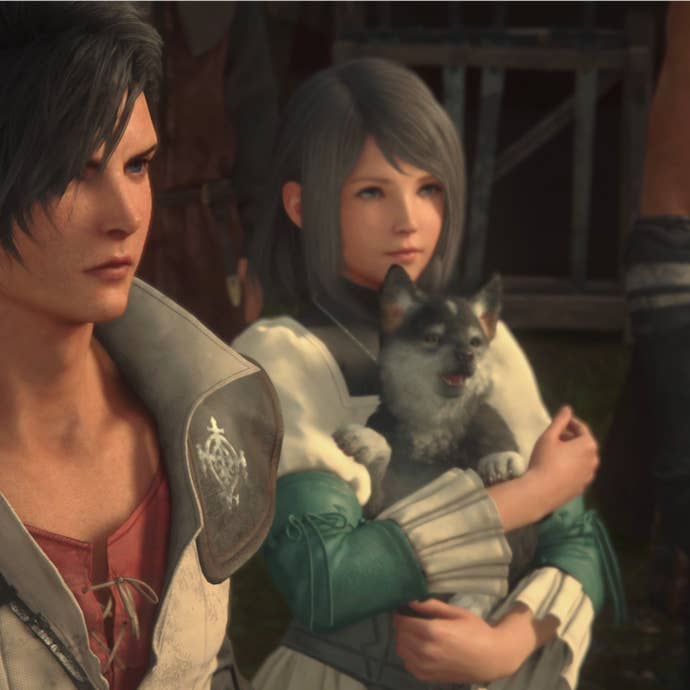
A lot of that is down to the battle system built for FF16. More Devil May Cry than Final Fantasy, it’s an excellent, snappy, full-fat action game with some more role-playing tweaks, like having special moves on cooldowns and hitting power determined by stats. This combat is really good – crunchy, satisfying, thrilling – but it’s also something that informs most other design choices. For good and ill alike.
Party members are likely so impotent, for instance, because truly present AI companions as in FF15 would be too unpredictable for this optimized, combo-driven combat. FF16’s relatively low number of character skills seems likewise a connected choice; a sprawling RPG skill tree wouldn’t be a good fit and would be challenging to balance, so Clive’s move set is fairly limited.
A lot of these same arguments can be applied to much. The treadmill of crafting and buying new gear feels muted because the real gain here is in getting better at the action combat and learning better combos. Even the difficulty debate is arguably connected to this. The developers built an amazing action combat system – but were worried about alienating RPG players who aren’t as comfortable with action games. So they toned the difficulty right back, making the game trivially easy in the process.

This is even replicated away from combat in things like pacing – where fairly unremarkable RPG questing slows the story to a crawl. All this stuff seemingly had to be in the game in order to satisfy the breadth and depth expected from it. But, weirdly, FF16 is a slightly worse game for it.
All of this is to say: Final Fantasy 16 is a tremendously good game, but it’s arguably hamstrung by its RPG ambitions. It’s impossible to truly know what went on during its development, but from the outside looking in, it sure appears that its team had a great idea for a killer action/adventure title – but then felt duty bound to have a bunch of RPG features in order to support the Final Fantasy name.
Which brings us back to the topic of box-checking. It feels more alien with FF16 because we’ve all been trained that Final Fantasy is an RPG series. But FF16 has to be judged on its own individual merits, not on what the series has been in the past. And so, looking at the game and seeing that many of its weakest aspects have their roots in role-playing… one can’t help but wish it were less of an RPG. Even if that means a non-RPG Final Fantasy game.
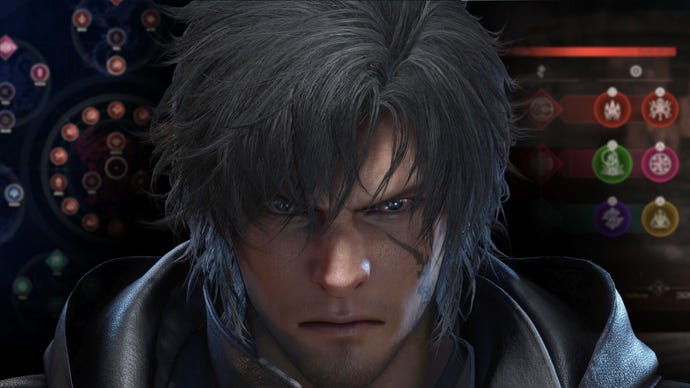

.png?width=291&height=164&fit=crop&quality=80&format=jpg&auto=webp)


.png?width=291&height=164&fit=crop&quality=80&format=jpg&auto=webp)

